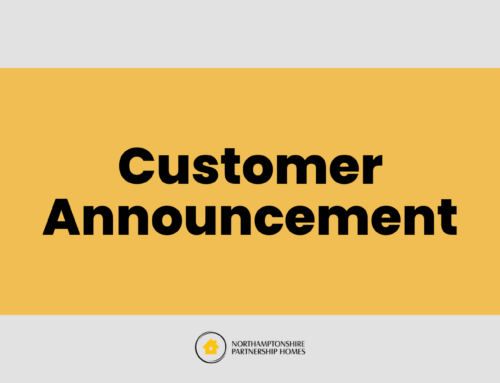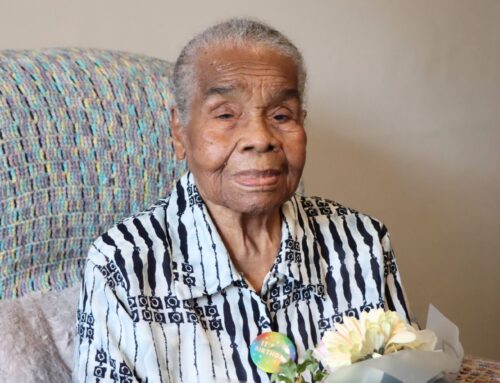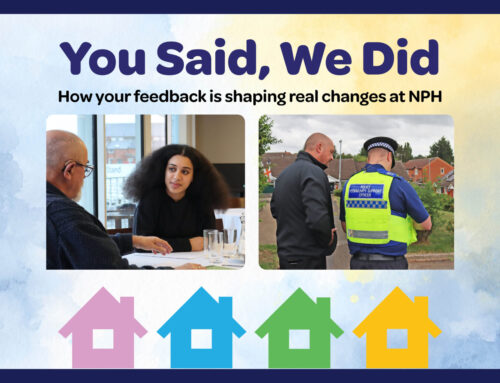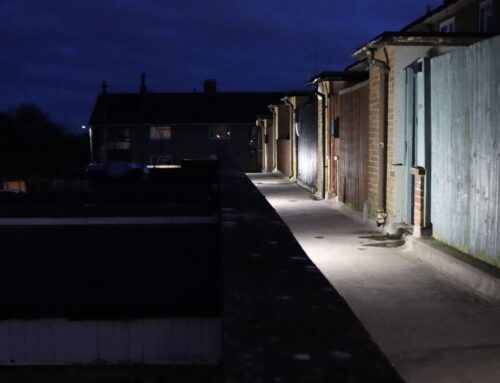
Gas Safety week 2024
We are proud to be supporting Gas Safety Week again this year, it is taking place between the 9th and 15th September.
Gas Safety Week is an annual safety week to raise awareness of gas safety and the importance of taking care of your gas appliances. It is coordinated by the Gas Safe Register, the official list of gas engineers who are legally allowed to work on gas.
The theme for 2024 is Checking—Every Check Counts; from checking that any engineer working on gas appliances in your home is Gas Safe registered and qualified for the work, to checking that you know what to do in a gas emergency, every check (no matter how big or small) helps to keep you gas safe!
Badly fitted and poorly serviced gas appliances can cause gas leaks, fires, explosions, and carbon monoxide (CO) poisoning. CO is a highly poisonous gas that can kill quickly and without warning, as you cannot see it, taste it or smell it.
Here is a guide to some simple things that you can do at home to stay gas safe:
- Give us access to your home to check your gas appliances are safe. NPH will arrange to safety check your gas appliances once every year, we will write to you and give you lots of notice about your gas inspection date. Renuvo Heating & Property Services are the contractors who will be coming out to your home to carry out the inspection.
- Check the engineers ID. Anyone who comes to work on the gas appliances, pipework or flues must be Gas Safe registered and appropriately qualified for the type of gas work you need doing. Everyone visiting tenants on our behalf from Renuvo Heating & Property Services will be qualified Gas Safe registered. To check that your engineer is who they say they are you can ask them for their Gas Safe ID card which confirms their identity and also that they are Gas Safe registered.
- Check your gas appliances for any warning signs. Signs may include lazy yellow/orange flames instead of crisp blue ones, black marks on or around the appliance, a pilot light that keeps going out, too much condensation in the room, or error messages on the appliance’s control panel. If you spot any of these signs contact NPH and report the issue, or, if you own the appliance, contact a Gas Safe registered engineer.
- Check your knowledge. Remember the six main symptoms of carbon monoxide poisoning: headaches, dizziness, breathlessness, nausea, collapse, and loss of consciousness. If you suspect carbon monoxide gas is leaking, get into fresh air immediately and call the gas emergency services for your area.
- Check your carbon monoxide alarm. A carbon monoxide alarm should have been fitted in every habitable room of your property containing any gas appliances (excluding appliances used for cooking purposes). They should be marked EN50291 and display the British Standards’ Kitemark. It’s a good idea to regularly test these alarms to ensure they’re still working.
- Check that vents or flues are not blocked. Vents and flues are there to ensure the gas appliances work safely. Blocking them could prevent this so please ensure they are clear.
- Report any problems straight away to NPH.
Please report any problems with your gas appliances straight away. You can do this via the Contact Centre on 0300 330 7003.
You can find more detailed information and further safety advice on this leaflet produced by the Health and Safety Executive.







